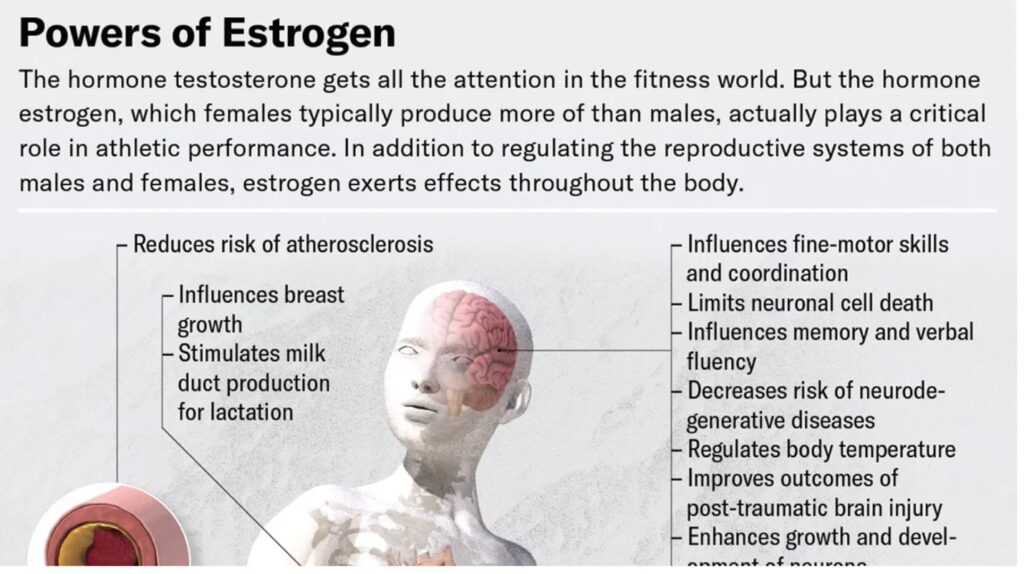[Note: This article was first published on the Caucasus Data Blog, a joint production of CRRC-Georgia and OC Media. The article was written by Avto Dolidze, a Junior Fellow at CRRC-Georgia. The views expressed in this article represent the views of the author alone, and do not necessarily represent the views of CRRC-Georgia, NDI, or any related entity.]
While Georgia’s healthcare system has faced significant challenges as a result of the pandemic, just under half of Georgians consider an issue related to COVID-19 to be among the main challenges facing the country’s healthcare system with medicine prices remaining a big worry, polling suggests.
In the December 2020 NDI and CRRC Georgia survey, respondents were asked what the largest issue facing the healthcare system was. They were allowed to name up to three issues. The most commonly named issues were the cost of medicine (46%), access to hospitals due to COVID-19 issues (16%), and other COVID-19 related issues (25%).
When grouped by whether or not someone mentioned an issue directly related to COVID-19, the data suggest that half the public thinks issues unrelated to COVID-19 are the main issues facing the healthcare system.
One in five respondents (19%) named only COVID-19 related issues. Almost a third (29%) named at least one COVID-19 related issue, and at least one non-COVID-19 issue. Overall, half of the population (52%) named only issues not directly related to COVID-19.
Note: The responses “Accessibility of hospitals due to COVID-19 issues”, “Accessibility of doctors for COVID-19 issues”, “Accessibility of COVID-19 tests”, and “Other COVID-19 related issues” are considered COVID-19 related issues. The responses “Cost of Medicine”, “Lack of qualification of doctors and medical personal”, “Cost of Medical care/doctor’s visits”, “Availability of hospitals and healthcare services”, “Bureaucracy of the healthcare system”, “Cost of medical supplies”, “Poor quality medicine”, “Poor hospital infrastructure and equipment”, and “Bad sanitary conditions in hospital and clinics” are not counted as COVID-19 related issues.
There were few significant predictors of whether or not someone thinks COVID-19 is among the healthcare system’s main issues. Women and men, people in cities and villages, people in relatively wealthy and poor households, and those with higher and lower education levels were similarly more or less likely to name at least one COVID-19 related issue. However, attitudes did vary by age and ethnicity.
Older people were more likely to be concerned about issues not related to COVID-19 than younger people, who, in turn, were more likely to be concerned about both COVID-19 and non-related issues.
This may be unsurprising, as past analyses have shown that even though the cost of medicine is the biggest issue for all age groups, older people are particularly concerned about drug prices. Ethnic minorities were less likely to mention COVID-19 related issues than ethnic Georgians.
Note: The above chart used a multinomial regression model. The model controlled for age group (18–34, 35–54, 55+), sex (female, male), settlement type (Capital, urban, rural), education (secondary or lower, secondary technical, higher than secondary), ethnicity (Georgian, ethnic minority), and a simple additive index of durable goods owned by the respondent’s household, a common proxy for wealth.
While COVID-19 is straining healthcare systems around the world, including in Georgia, half the public do not consider it among the largest issues facing the healthcare system in the country. Older people in particular are more concerned about the cost of medicine.
The data used in this article is available here.








